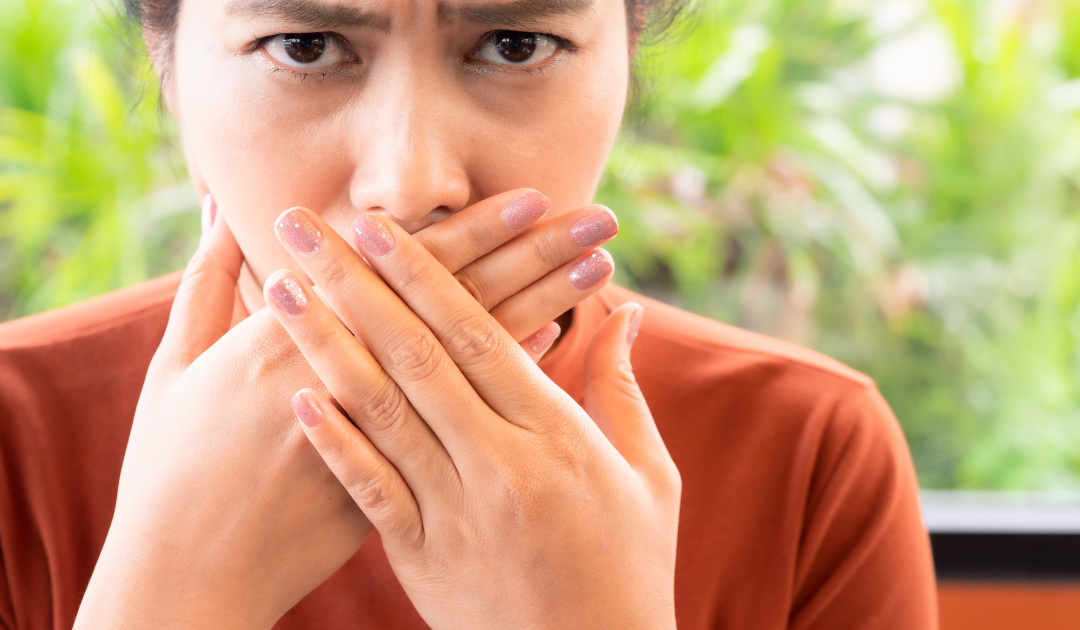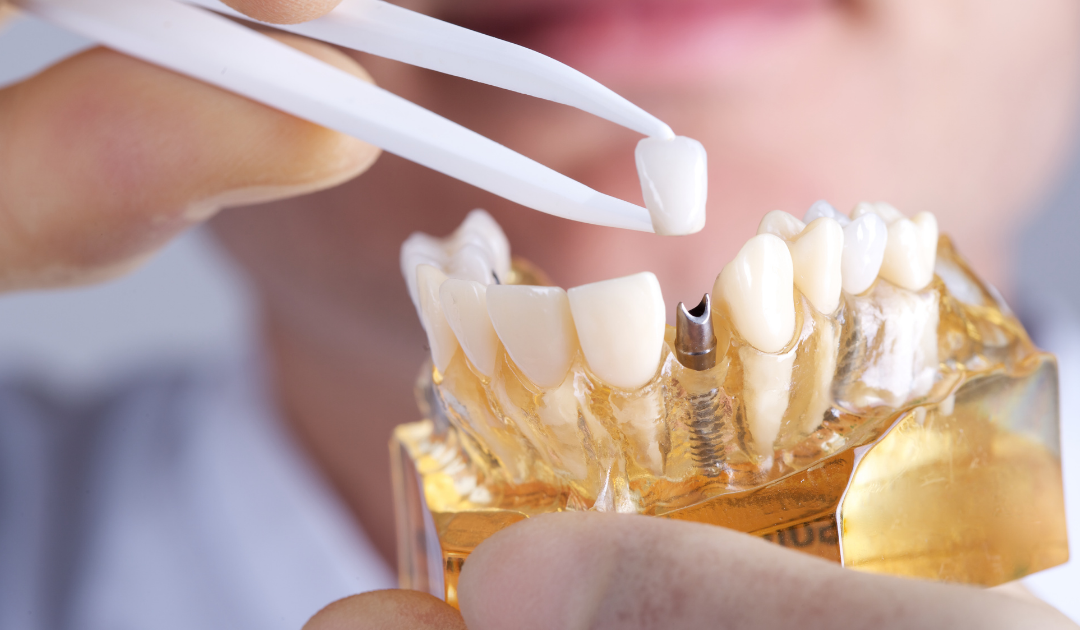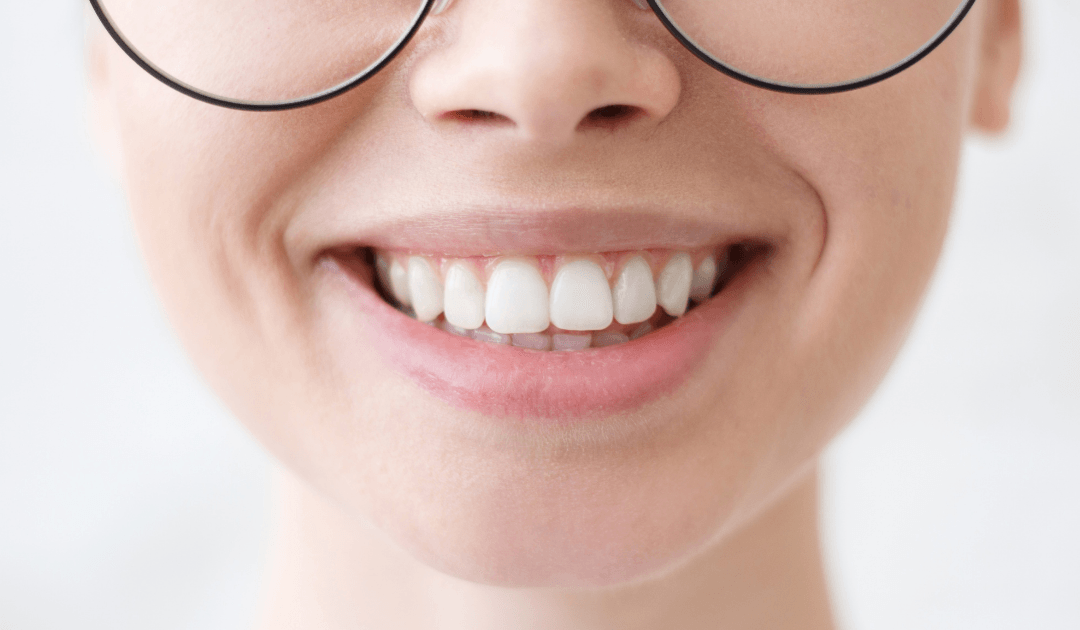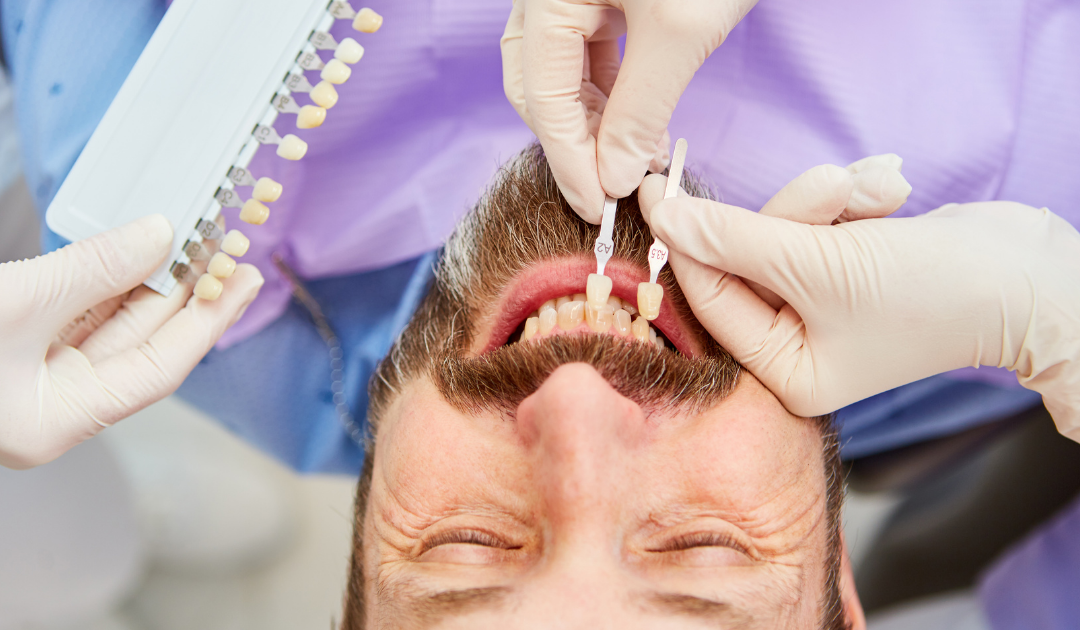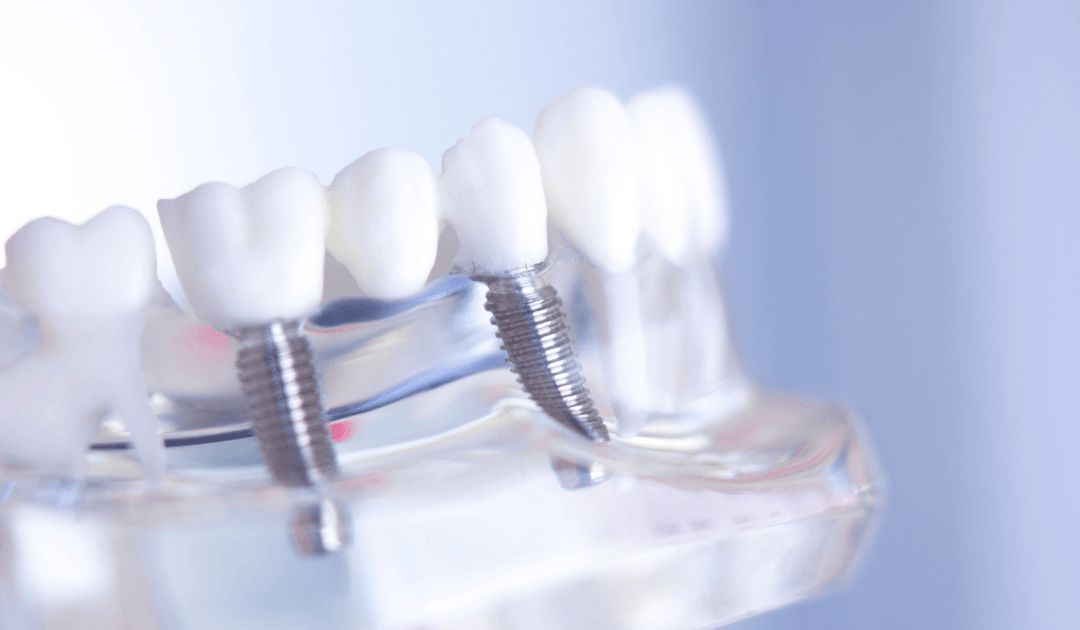How Does Ice Affect My Teeth?
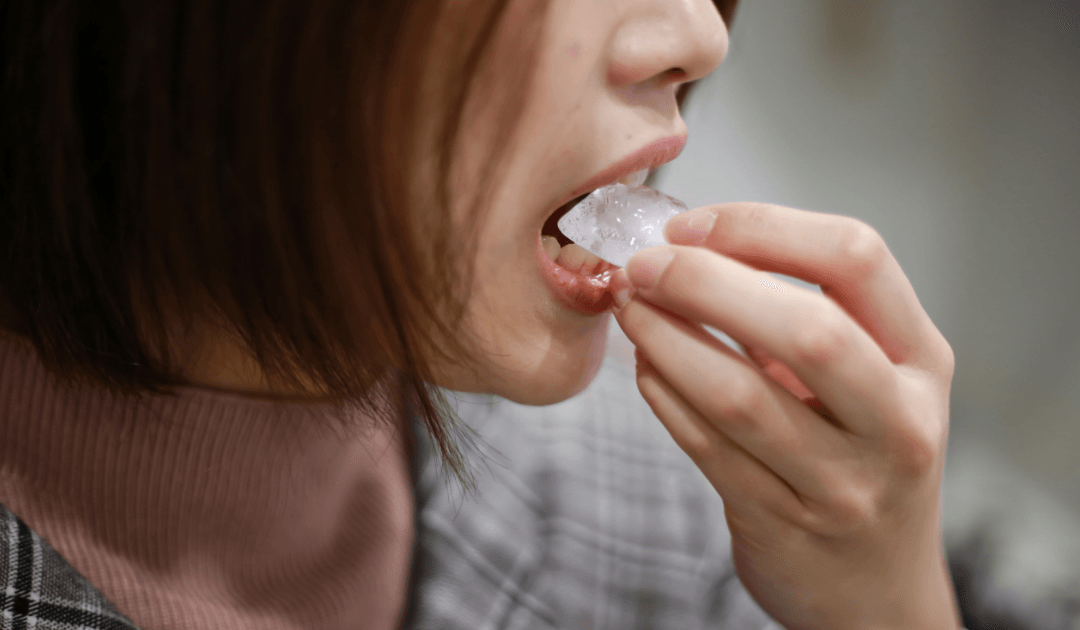
Absent-mindedly chewing on ice is a fairly common habit, especially during the warm summer months! While this is a great way to keep yourself preoccupied and cool at the same time, it can be damaging to your teeth, enamel, and even your gums. You may have been told to skip the ice chewing, but do you really know why or how it actually affects your teeth?
Like other hard foods, chewing on ice can cause damage to your smile, like chipping or cracking your teeth. In extreme cases, it can even cause damage to your enamel as well, leading to increased sensitivity to hot or cold food and liquids. If you’ve already had dental work like veneers, crowns, or fillings, there’s a chance that chewing ice could cause problems for that as well. Overall, chewing ice is a big no-no, but how can you break the habit?
Switch Out the Crunch
If it’s the crunchy noise and sensation you find appealing, try switching ice out for a different snack like carrots, cucumbers, snap peas, or apple slices! Not only does this negate any potential damage to your teeth, but you’ll also get an extra serving of fruits or veggies, which is always a good thing!
Make the Switch to Slush
If your reason for chewing ice is related to the cooling sensation, try swapping ice cubes for slush ice or even crushed ice! Because the ice is in smaller portions, there’s less of a chance of damage to your teeth. Crushed ice may still cause damage but not as intense as full ice cubes.
Let it Melt Away
Try to let the ice melt in your mouth instead of chewing it. This will still allow for that refreshing coolness without the risk of damage to your teeth. Letting it melt will also elongate the ability to experience the cooling relief as well.
Avoid the Temptation
If you’re out to eat or ordering a meal to go, try ordering a drink with no ice. This will help you to avoid a situation where you might chew on ice without thinking about it. If you’re eating at home, turn off your ice maker or skip the ice cube trays. If there’s no ice to be used, you’ll decrease the possibility of you doing it without thinking!
If you’re still having trouble kicking the habit after trying these tricks, there might be an underlying issue. Sometimes craving or chewing ice can be a sign of iron deficiency, but it’s best to consult your dentist before jumping to this conclusion. For more information or to schedule an appointment, give us a call at 479-337-4070.
